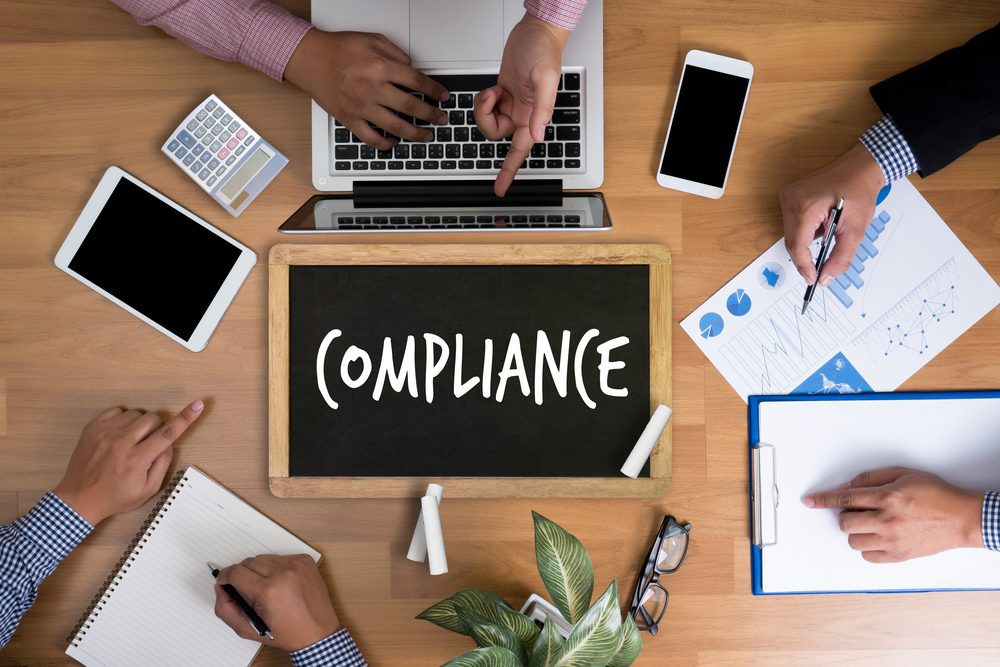As the world focuses on sustainability and reducing environmental impact, compliance with regulations such as Environmental Benchmarking for Energy Water and Emissions (EBEWE) becomes increasingly important for property owners and managers. Meeting EBEWE requirements not only demonstrates a commitment to sustainability but also helps avoid penalties and reputational damage. In this article, we will explore various strategies to extend EBEWE compliance deadlines and mitigate the risks associated with non-compliance.
Understanding EBEWE Compliance
EBEWE regulations aim to enhance energy and water efficiency while reducing emissions in buildings. These regulations require property owners and managers to accurately measure and report their energy and water usage, as well as associated emissions. EBEWE compliance is not just a legal obligation; it is a step towards creating a more sustainable future and reducing the environmental impact of buildings. Failure to comply with EBEWE regulations can result in significant penalties, including fines and potential loss of business opportunities.
Reasons for Extending EBEWE Compliance Deadlines
- Common Challenges Faced: Property owners and managers often face various challenges when it comes to EBEWE compliance. These challenges include limited resources, lack of expertise, and time constraints. These factors make it difficult to meet compliance deadlines and implement necessary upgrades or changes. By extending compliance deadlines, property owners have the opportunity to overcome these challenges more effectively.
- Financial Constraints and Limited Resources: Implementing energy and water efficiency measures may require significant investments. Some property owners may struggle to allocate sufficient funds to upgrade their buildings and systems within the given timeline. Extending compliance deadlines allows them to secure financing, explore available incentives, and plan their investments more strategically. By taking this approach, property owners can ensure sustainable compliance without compromising their financial stability.
- Unexpected Circumstances: Unforeseen circumstances such as legal disputes, construction delays, or unforeseen emergencies can hinder compliance efforts. These situations may necessitate additional time for property owners to rectify non-compliance issues. Extending compliance deadlines under such circumstances can help prevent unfair penalties for circumstances beyond their control. It allows property owners to address unexpected challenges effectively while still working towards compliance.
Exploring Legal Options to Extend Compliance Deadlines
Researching local laws and regulations related to EBEWE compliance is crucial to identify potential provisions or loopholes that allow deadline extensions. Some jurisdictions provide specific options for extending compliance deadlines based on valid justifications. By understanding these legal options, property owners and managers can leverage them effectively to request extensions. It is vital to consult legal experts or engage with industry associations to navigate these complexities successfully.
Building a Strong Case for Deadline Extension
When seeking an extension, it is important to gather all relevant documentation and evidence that supports the request. These may include financial statements, cost estimates, contractor bids, and any other relevant data showcasing the property owner’s sincere efforts toward compliance.
Clearly explaining the reasons behind the extension request, such as financial constraints, limited resources, or unexpected circumstances, can strengthen the case. Additionally, offering alternative measures or solutions to mitigate non-compliance risks demonstrates a proactive approach. Property owners should emphasize their commitment to sustainability and their intention to achieve full compliance within the extended timeframe.
Communication with Regulatory Agencies
Open and transparent communication with regulatory agencies is key in seeking deadline extensions. Property owners and managers should establish contact with the relevant authorities and explain their situation clearly. It is essential to be proactive, responsive, and cooperative during the entire process.
By communicating their challenges and intentions to comply, property owners can foster understanding and potentially secure an extension. Engaging in constructive dialogue with regulators can help create a more collaborative approach to compliance.
Other Strategies to Avoid Penalties
While seeking deadline extensions, property owners should explore alternative compliance options, if available. Some jurisdictions may have provisions for partial compliance or phased implementation. Collaborating with organizations or industry experts can also provide valuable support and guidance throughout the compliance process.
Engaging with these entities can lead to enhanced knowledge and potential partnerships that can facilitate compliance efforts. Property owners should consider joining industry associations or participating in sustainability programs to access resources and networks that can assist in meeting compliance requirements effectively.
Conclusion
EBEWE compliance is not just a legal obligation but also a means to contribute to a sustainable future. Non-compliance with EBEWE regulations can result in significant penalties and damage to one’s reputation. By understanding the challenges faced, exploring legal options, building a strong case, and maintaining open communication with regulatory agencies, property owners and managers can extend compliance deadlines and avoid penalties.
Taking proactive steps towards compliance not only benefits individual property owners but also contributes to a more sustainable and energy-efficient built environment. Let us work together to create a greener and more environmentally responsible future. By prioritizing compliance and seeking extensions when necessary, property owners can align themselves with the global sustainability movement and contribute to a more resilient and eco-friendly future.
Tags: EBEWE Compliancewater efficiency

